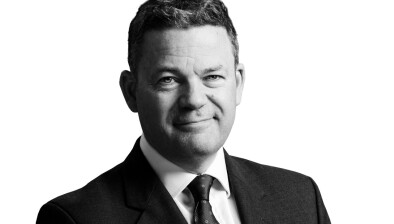Pinsent Masons to cut global carbon emissions by at least 50 per cent

Gayle Bowen
Pinsent Masons has unveiled targets to cut absolute carbon emissions by a minimum of 50 per cent by 2030, as it continues to reduce its environmental impact.
The firm’s targets, which are among the first law firm targets to be verified by the Science Based Targets initiative (SBTi), commit to reducing absolute global greenhouse gas emissions by FY2030, from a base year of FY2019.
The SBTi defines and promotes best practice in science-based target setting and independently assesses companies’ targets.
Furthermore, the SBTi has approved an additional target for the firm to source 100 per cent renewable electricity across its global estate by 2030. Currently, 100 per cent of the electricity purchased in the UK, Republic of Ireland and France is from renewable sources.
Gayle Bowen, head of Pinsent Masons’ Dublin office, said: “We are incredibly proud to be leading the way among law firms by setting science-based targets. Climate change and sustainability goals are a priority now more than ever, for us and for our clients.
“A number of partners from our Dublin office, covering a wide span of practice areas, sit on the firm’s multidisciplinary climate change advisory team and advise clients across all sectors on the full range of climate and sustainability-related matters affecting their businesses. With this statement today, we are showing how we truly are a purpose-led firm.”
John Cleland, managing partner of Pinsent Masons, added: “As a firm that advises on ground breaking low carbon projects and supports clients as they navigate sustainability and climate concerns, implementing our own science-based targets to reduce greenhouse gas emissions in line with the Paris Agreement was a natural next step for us.
“We recognise that operating a 26 office global network with a 3,600 strong workforce has significant environmental implications and want to implement real, tangible changes that have a positive impact.
“We are proud of the progress we have made to date, but we know we cannot become complacent, and remain committed to playing our part in mitigating climate risk. This helps us focus us efforts in order to achieve this.”









